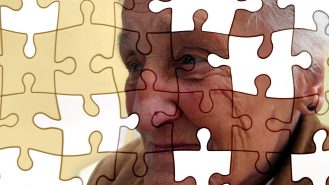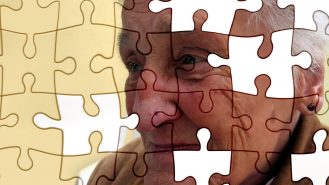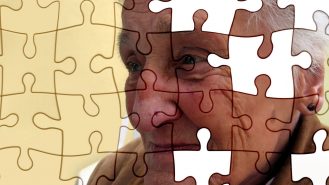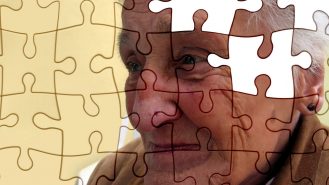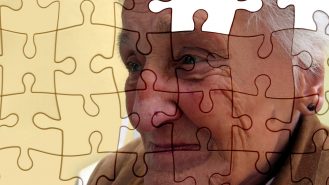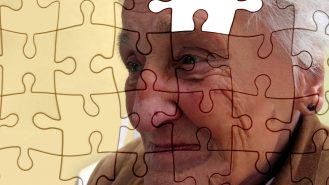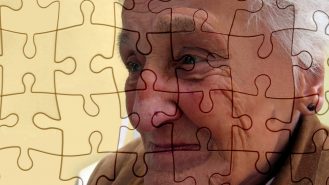Course organiser:David Chapple
Presenter:Various
The course on Religion will attempt to answer such questions as:
• Where does religion come from and why do we have it?
• Is it part of the human psyche?
• What do we mean when we speak of religion?
• What is the difference between a religion and a philosophy?
• Is a religion necessary for providing a moral base for a given society?
• Do religious people behave or act differently from those who hold to no particular religious belief?
• To what extent do religious beliefs change as societies develop?
• As science finds answers to questions previously answered by religion what is the future of religion?
5 Mar:
Lizzie Cook on 'Philosophy or Spirituality:' Lizzie will discuss her M.A. research which is based on information gathered through interviewing people who ticked ‘no religion’ in the 2013 New Zealand Census. The purpose of the interviews is to gather ideas about spirituality from people who do not consider themselves to be religious. She aims to show the range of ideas that exist outside of defined religion and how they influence people’s approach to life with regard to self and society.
12 Mar:
Jim Thornton on 'Evidence, Reason and Religious Belief: 'Given that millions of the faithful in all the great religions in the world today sincerely believe that the important doctrines of their religion are in fact true, is it appropriate to ask for the grounds of their beliefs, or is evidence and reason irrelevant in matters of religious faith?
19 Mar:
Peter Field on 'The American Religion:' Peter Field is Associate Professor of American History, University of Canterbury. He says: Scholars have long noted that there is no such thing as an American theology. Yet, at the heart of that as yet uncondensed American national identity rests the fundamentalist’s conviction that “god is on our side,” that every foe faced is evil. Even the American ‘sniper’ is tasked to do God’s work. Hardly theological, the American religion energizes the nation to act in the belief both that God loves us and that we are continually at risk of not deserving such an extraordinary bounty.
26 Mar:
Glenn Summerhayes on The Archeology of Religion - a Journey through Totemic Landscapes:' Glenn Summerhayes is Professor of Anthropology & Archaeology, at the University of Otago. He says: As an archaeologist I attempt to reconstruct the past through the material remains left behind by past peoples. Yet can we construct past religious systems? I will look at this question by focusing on the Totemic Landscapes of the Arunta, an indigenous people inhabiting the centre of Australia.
2 Apr:
Neil Fleming as moderator on 'Your Thoughts Please: 'The course description identified eight questions which it was hoped the course would help to answer. [Above on this page.] This last session will be an opportunity to discuss those same questions in small groups so that we come away with a better understanding of the phenomenon we call religion. Presenters will have introduced other questions and ideas that will also be deserving of further exploration. Be ready to offer your opinions.
